Kingdom always walks a narrow tightrope, no question about it. When the focus is on the tactics of battle it simplifies things, and it can be easy to forget the other stuff. But in the moments between battles and between wars, the moral complexity of the premise reasserts itself. When the series stumbles – which it rarely does – it’s sometimes because it tries to oversimplify those moral complexities.
 “Oversimplify” is an interesting word in context of this episode, because it’s used in the episode itself. We continue the standoff between Xin and Huan Yi, one which seemed likeliest to end with Xin and his party being put to the sword. A test of resolve was never going to go well for Xin or Qian Lei, because Huan Li and his men have no bonds of decency constraining them. There are situations in which that’s a major weakness, but in this one it’s a crucial advantage.
“Oversimplify” is an interesting word in context of this episode, because it’s used in the episode itself. We continue the standoff between Xin and Huan Yi, one which seemed likeliest to end with Xin and his party being put to the sword. A test of resolve was never going to go well for Xin or Qian Lei, because Huan Li and his men have no bonds of decency constraining them. There are situations in which that’s a major weakness, but in this one it’s a crucial advantage.
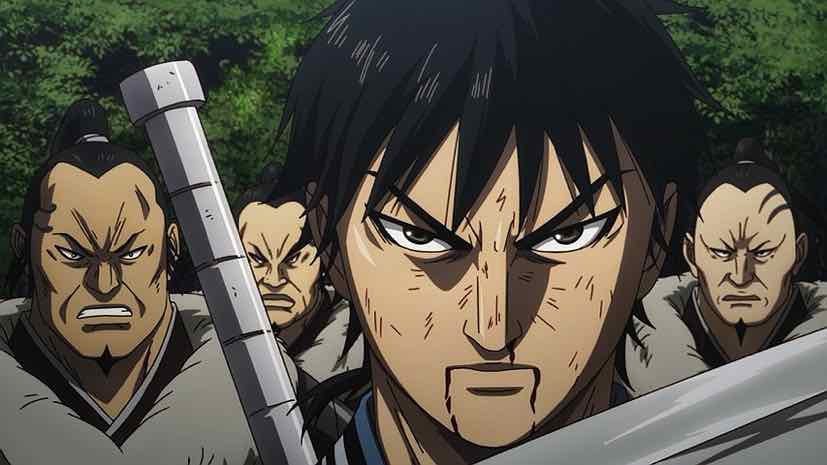 Huan Yi is a bastard and not a magnificent one, but he’s no fool. And his argument here cuts right to the weakest sinew of Xin’s side. Unifying the Middle Kingdom basically means decimating every other country and leaving them so weak and helpless than they can be assimilated. This is a double-barrelled assault too, because it might be impossible to do that without doing the things Huan Yi does. And if that were the case, would men like Xin still support the effort?
Huan Yi is a bastard and not a magnificent one, but he’s no fool. And his argument here cuts right to the weakest sinew of Xin’s side. Unifying the Middle Kingdom basically means decimating every other country and leaving them so weak and helpless than they can be assimilated. This is a double-barrelled assault too, because it might be impossible to do that without doing the things Huan Yi does. And if that were the case, would men like Xin still support the effort?
 For the moment, however, the practical consideration is the standoff itself. Huan Yi’s court jester brings Wei Ping in to see if he can defuse the situation, but this goes badly. Wei Ping was in a tough spot being embedded in the Huan Yi army but he hardly covered himself in glory. Xin and Qian Lei are less than sympathetic to his attempts to justify his actions, and Xin effectively disowns him.
For the moment, however, the practical consideration is the standoff itself. Huan Yi’s court jester brings Wei Ping in to see if he can defuse the situation, but this goes badly. Wei Ping was in a tough spot being embedded in the Huan Yi army but he hardly covered himself in glory. Xin and Qian Lei are less than sympathetic to his attempts to justify his actions, and Xin effectively disowns him.
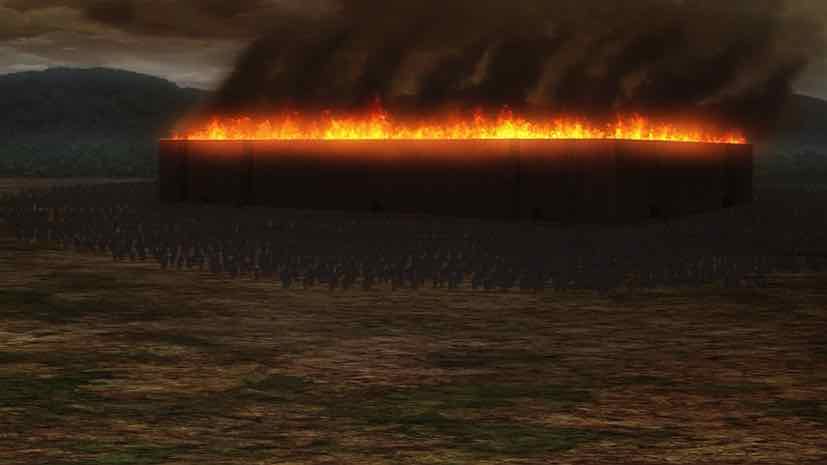 I don’t know that Huan Yi would have just said “screw it” and let Xintachi walk away here. It would have been complicated later for him to kill them now, admittedly. Huan Yi also now knows (thanks to Qian Lei) than Xin has killed Qing She, stealing some of his potential thunder in the process. It also has to change his calculus about the larger Heiyong battle and how to win it. This isn’t over, obviously. Huan Yi will already be planning how to spin an eventual victory to his own best advantage.
I don’t know that Huan Yi would have just said “screw it” and let Xintachi walk away here. It would have been complicated later for him to kill them now, admittedly. Huan Yi also now knows (thanks to Qian Lei) than Xin has killed Qing She, stealing some of his potential thunder in the process. It also has to change his calculus about the larger Heiyong battle and how to win it. This isn’t over, obviously. Huan Yi will already be planning how to spin an eventual victory to his own best advantage.
 Using Wei Ping as the vehicle to address the moral complexities of this war is an interesting choice, though this is one of those times where Kingdom does oversimplify matters too much. Wei Ping expresses to his squadron comrades that he’s ready to screw it all and go home, having lost so much (including his brother) and had Xin cast him aside. But hearing the Ze Nuo squad mock Xin, he feels compelled to spring to his defense, which would have been the end of him had Huan Yi’s exchange officer Na Gui not stepped in.
Using Wei Ping as the vehicle to address the moral complexities of this war is an interesting choice, though this is one of those times where Kingdom does oversimplify matters too much. Wei Ping expresses to his squadron comrades that he’s ready to screw it all and go home, having lost so much (including his brother) and had Xin cast him aside. But hearing the Ze Nuo squad mock Xin, he feels compelled to spring to his defense, which would have been the end of him had Huan Yi’s exchange officer Na Gui not stepped in.
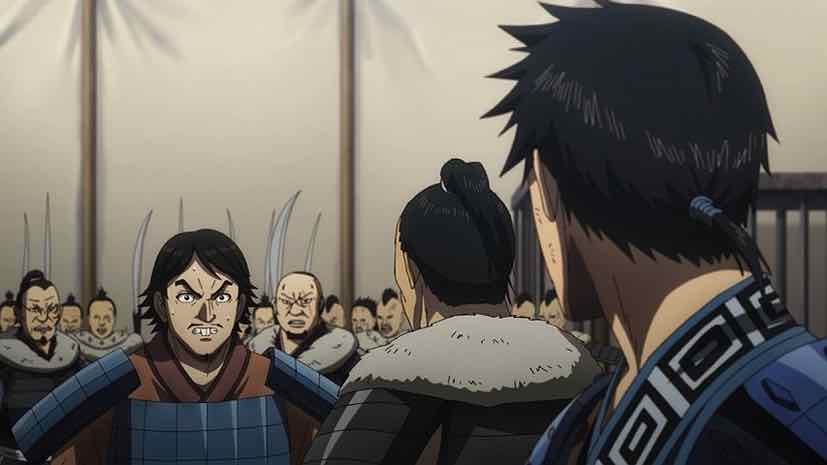 We don’t see Xin shed tears too often, and he did so twice this week. You know he’s serious when he’s calling Zheng by his childhood name, Piao. What Xin is seeking to do is effectively impossible, and it’s surely uncomfortable for him to think too hard about that. He does oversimplify things, there’s no question about it, but he does so because he’s trying to do something too complex to be accomplished without something miraculous. That he’s committed to try is the reason why his army follow him, though. Poor Xin – one can hardly think of a time or place where idealism is more misguided than this.
We don’t see Xin shed tears too often, and he did so twice this week. You know he’s serious when he’s calling Zheng by his childhood name, Piao. What Xin is seeking to do is effectively impossible, and it’s surely uncomfortable for him to think too hard about that. He does oversimplify things, there’s no question about it, but he does so because he’s trying to do something too complex to be accomplished without something miraculous. That he’s committed to try is the reason why his army follow him, though. Poor Xin – one can hardly think of a time or place where idealism is more misguided than this.


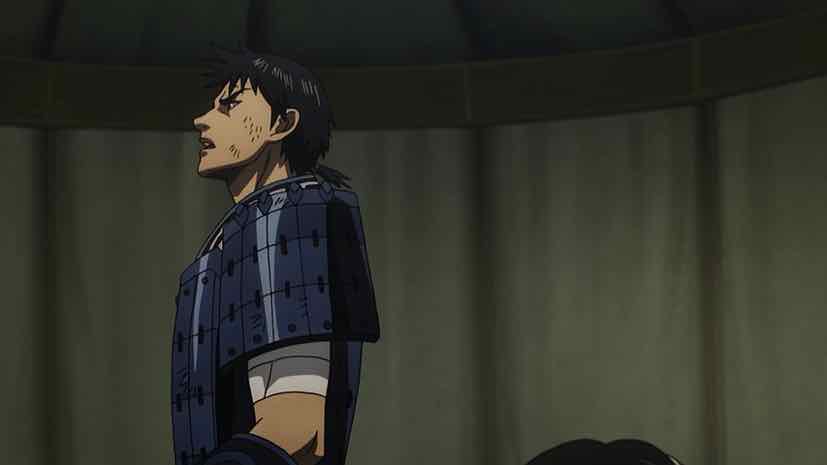
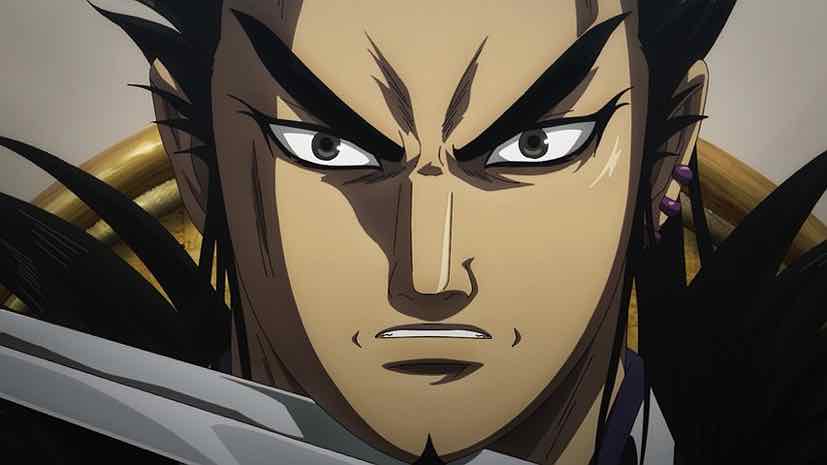

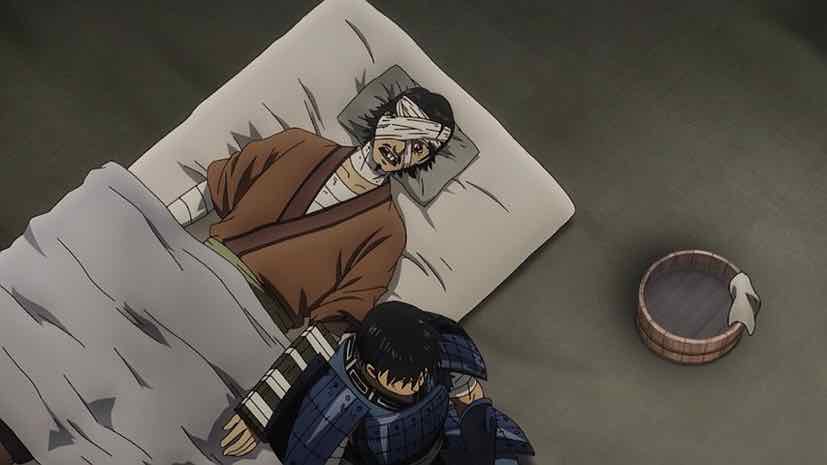
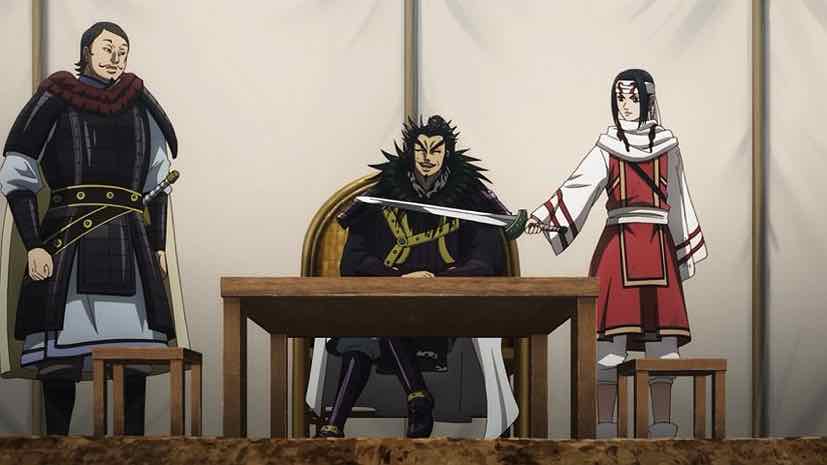
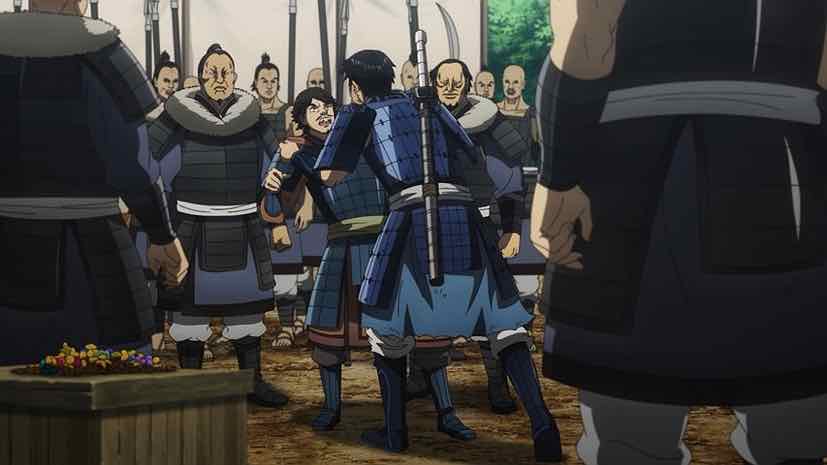

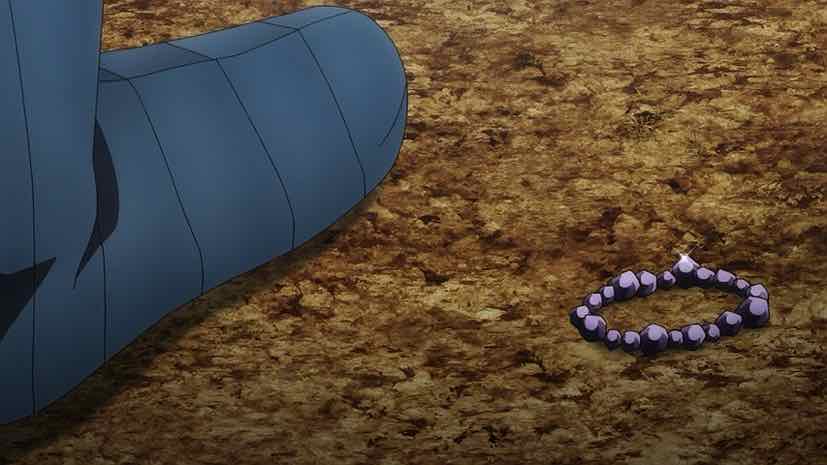

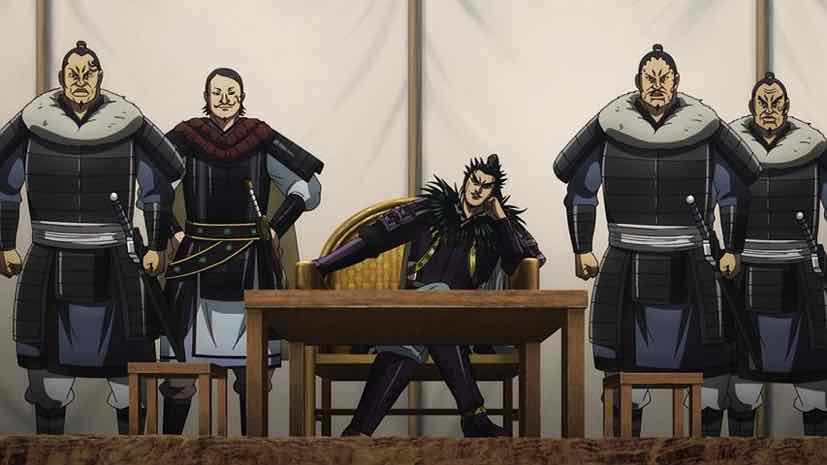
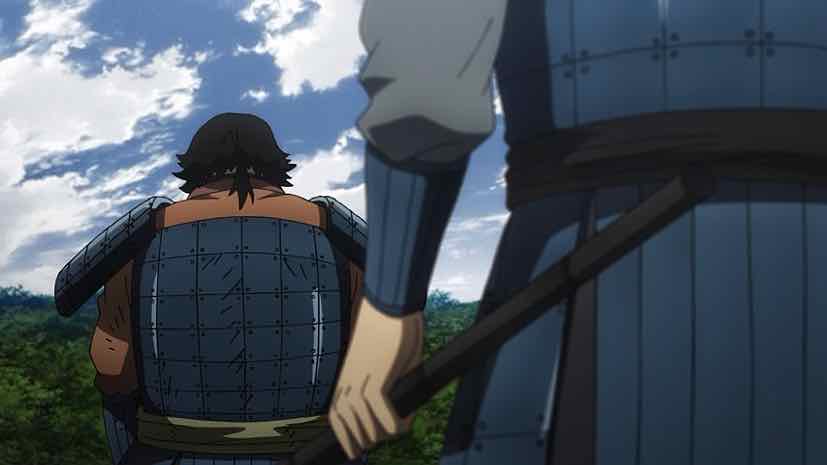

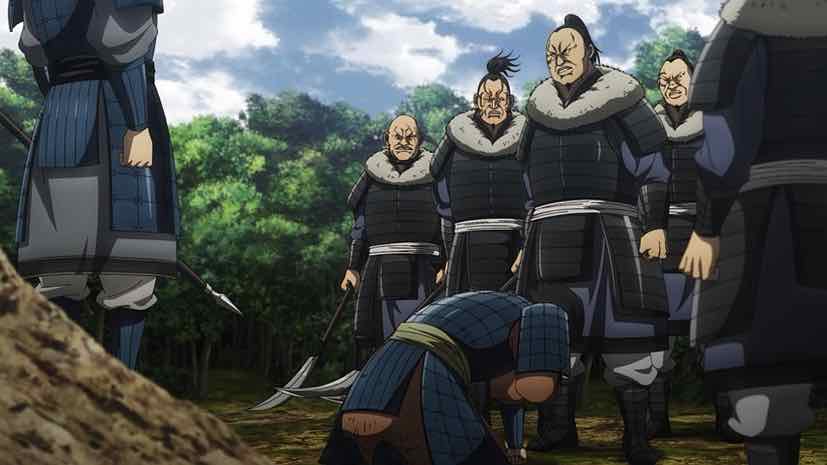
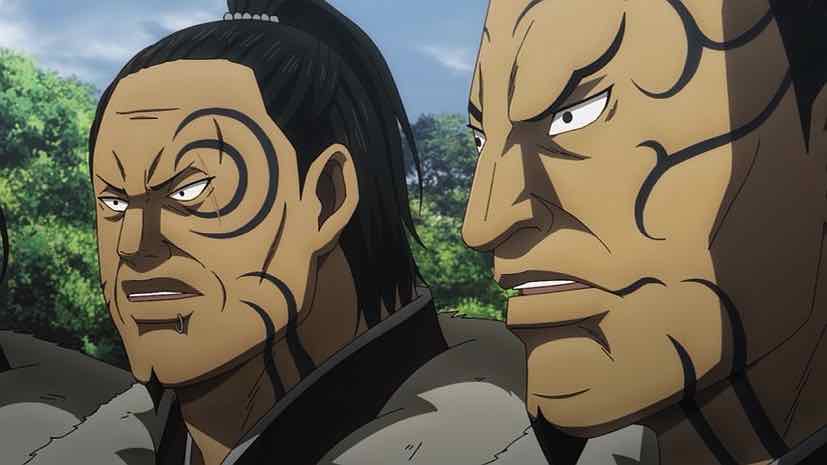

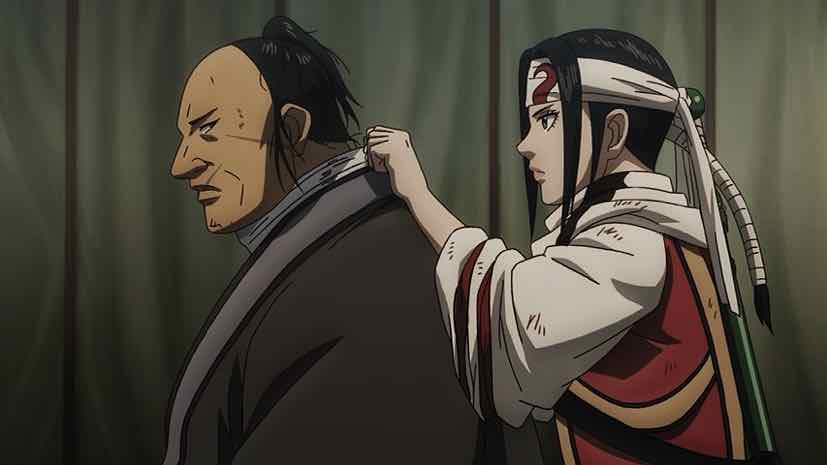
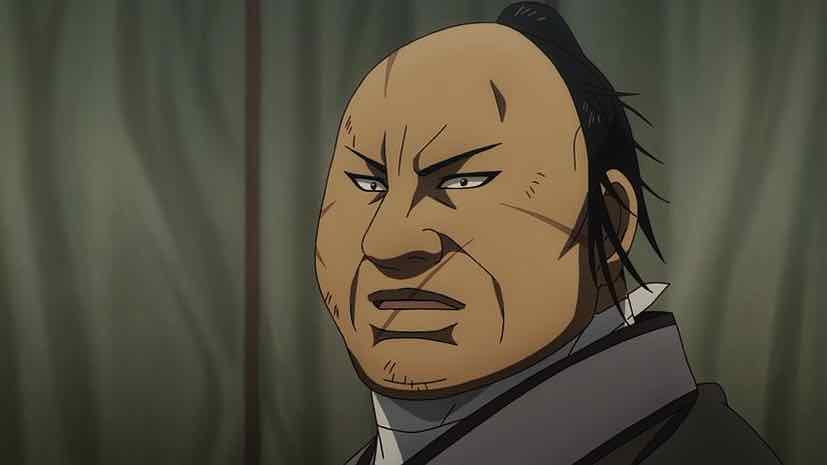

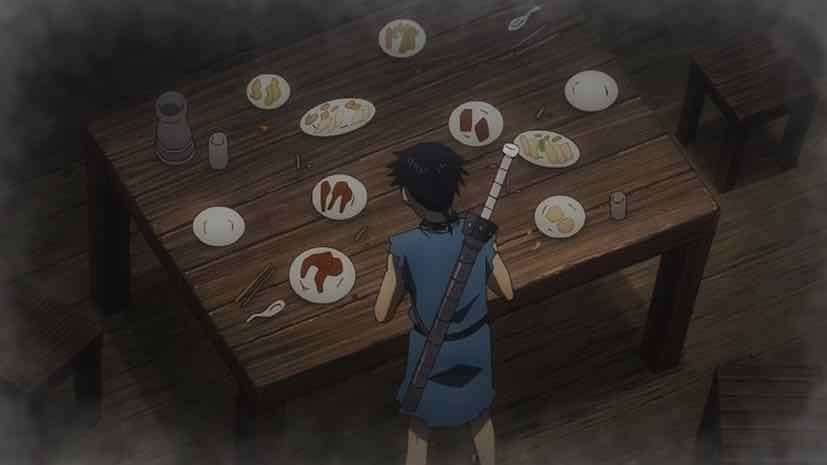

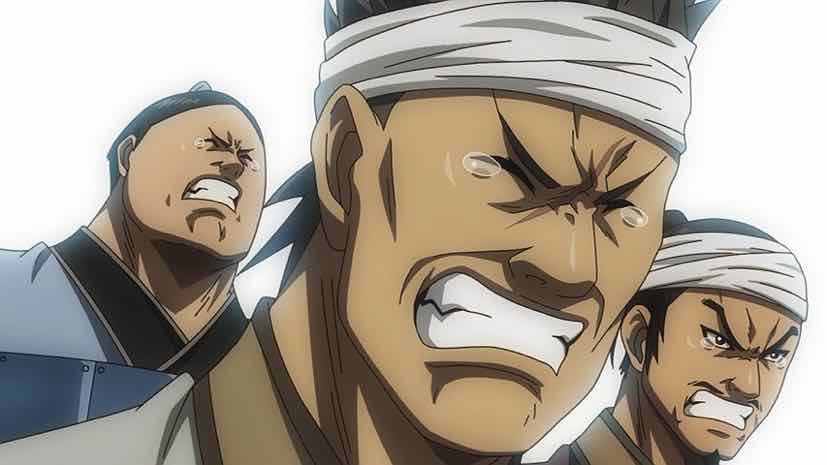
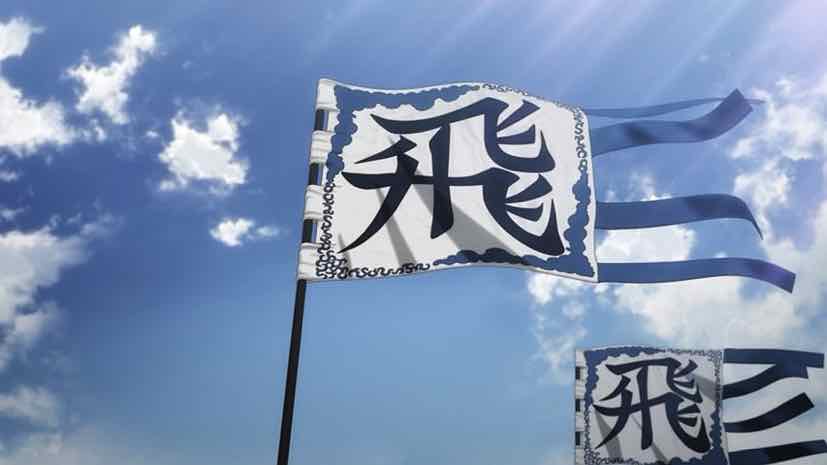
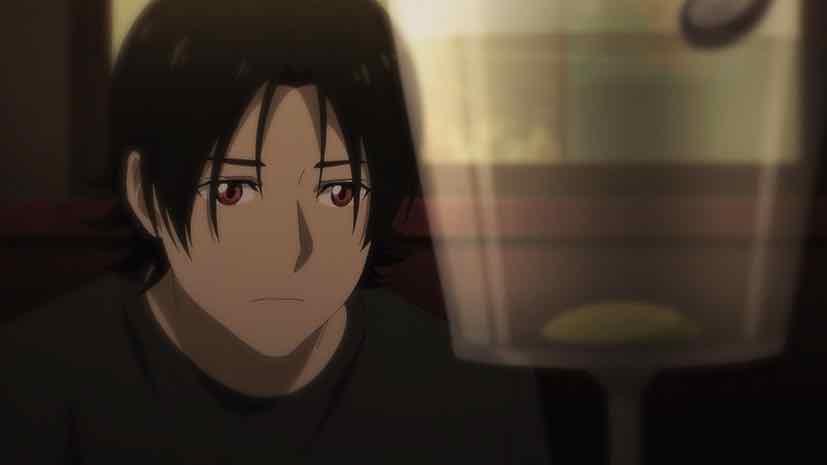
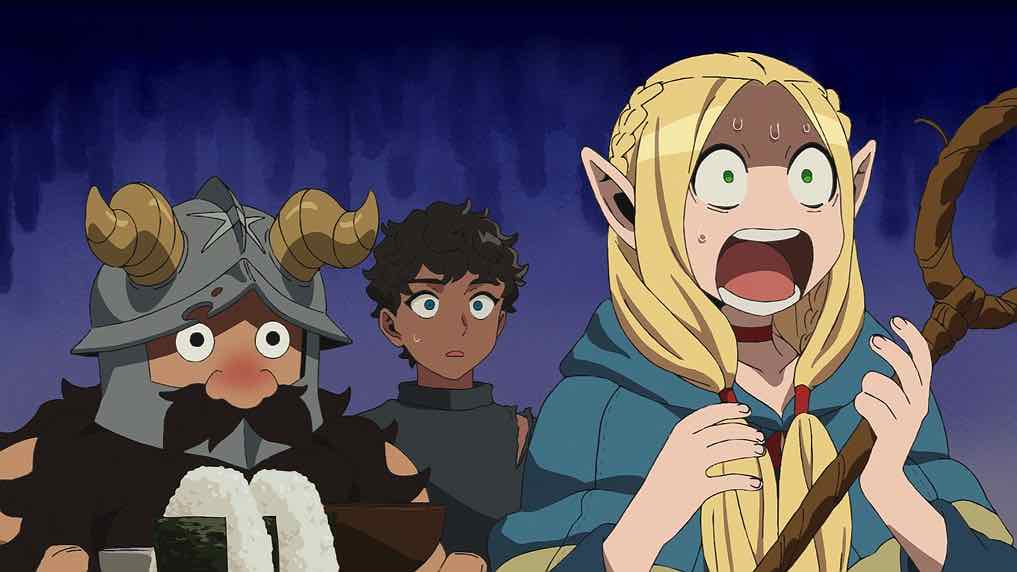
DukeofEarls
March 27, 2024 at 8:16 amI also honed in on Wei Ping using the word oversimplify. I’m reminded a bit of some of the themes discussed in My Hero Academia with the struggle between idealism and cynicism (the interplay between Izuku, All Might, and Endeavor).
It’s nice to follow a leader who holds true to a moralistic ideal, even if, like Wei Ping, you know the world has more nuance than what your starry eyed boss is aiming for. But at the same time, we need those idealists – those who are stubbornly or willfully ignorant – otherwise we’ve left the battlefield to scoundrels, no good men and women willing to tip the scales in their own way. Politics is similar – if no good person is willing to seek power we are familiarly left with narcissists and sociopaths controlling society.
I think similarly of the overall unification of China goal. Did unifying China end all war? Far, far from it, but the results speak for themselves. It fostered a culture that allowed billions of people to live and a good many of them to thrive, at least comparatively to the natural human condition. So if the real Qin Shi Huang were actually like the one on the show (we both know he probably wasn’t haha), then I’d say history proved there was some merit to his goals. Shoot for the moon and land amongst the stars, as they say.
Guardian Enzo
March 27, 2024 at 8:55 amIt’s what I said about Thorfinn’s evolution of thinking in Vinland. What he proposed made no sense in the world he lived in. As I said at the time, “What Thorfinn is seeking to do may seem impossible, but here’t the truth: it takes people willing to try impossible things to make better possibilities. That’s my rebuttal to those who say Thorfinn’s (and by extension Yukimura’s) worldview is a fantasy. History changes because of people who reject the notion of impossibility and aim for something strictly because it should be done. They fail most of the time, but often they drag a resistant world a little ways behind them in the process.”
DukeofEarls
March 28, 2024 at 9:07 amAnother great example. Thorfinn even takes the idealism a few notches farther than Xin. Speaking of which, I’ve been pleased to see the “I have no enemies” philosophy go mainstream (in internet culture anyways). Such a powerful message